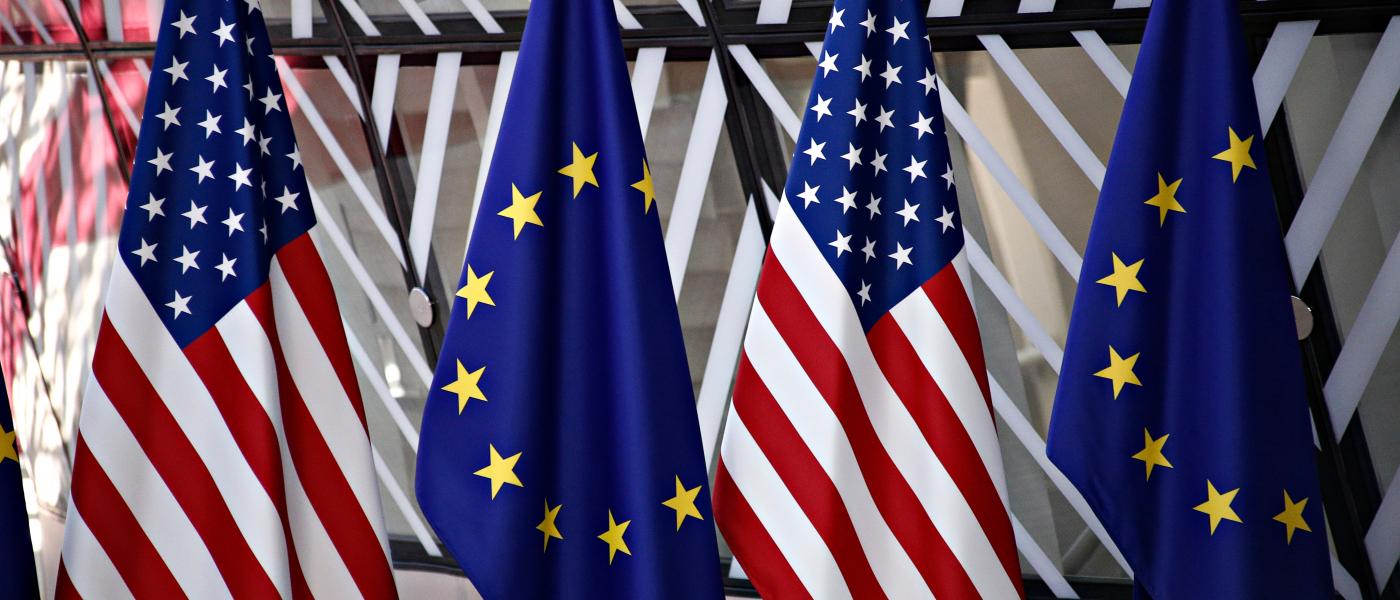Program Manager and Fellow Nad’a Kovalčíková spoke to the Hungarian weekly 168 Ora about U.S. Secretary of State Antony Blinken’s talks with NATO leaders and the joint EU-U.S. approach to Russia and China. Below is an English translation of the interview.
What were the main results of this week’s NATO foreign ministerial, respective of Secretary of State Blinken’s talks with European partners?
There was a clear message of a reenergized transatlantic partnership to address common challenges, even those which had been discussed less before, such as climate change. A strong stance to address security consequences of China’s rise and Russia’s assertiveness has been reconfirmed, as well as NATO’s continued adaptation to address less traditional threats. This is critical, considering the rising asymmetric challenges that the Alliance and its partners are facing. Reinforcement of NATO’s resilience will be key as well as innovation and deepened cooperation with partners.
Do you see a fresh beginning in US-Europe partnership within NATO?
The US-Europe partnership within NATO has been strong but may be even stronger. There is certainly a renewed appetite for it and to address older and newer threats in a coordinated way, also with partners.
There exist opinions that the importance of the “at least 2 percent or more” rule—emphasized so strongly by the Trump administration—is diminishing. Do you agree?
The commitment of investing 2 percent of the national budgets into defense preceded the Trump administration and will continue to be an important part of collective defense.
What are the prospects of European sovereignty proposed by Mr. Macron?
In the security and defense domain, several leaders recognized that increased investment into European security and defense will strengthen also NATO security and defense, and should be complementary to NATO efforts.
Could Mr. Blinken convince European partners about the need of a common firm stance toward Russia?
The stance has been and continues to be firm, and NATO will continue to work further with the EU and other partners to address Russia’s assertive behavior. While there has been no NATO-Russia Council since summer 2019, because Russia didn’t want to, the openness to dialogue remains from the NATO side but also strong deterrence and defense.
What is the main goal of the West regarding Russia? Deterrence from further military build-up in general or to achieve Russian concessions specifically regarding Ukraine?
Deterring from further military build-up but also from other types of aggression, for example in the information space, is certainly important for democratic allies. Russia’s destabilizing efforts in the neighborhood, repressive actions domestically and interference abroad, led NATO member states to pursue and to continue pursuing a dual-track approach toward Russia: deterrence & defense and dialogue. Practical cooperation with Russia has been interrupted by NATO since several years. Furthermore, the international community is considering raising further costs against foreign interference, incl. from Russia, addressed also through the work of the European Parliament’s Special Committee on Foreign Interference and Disinformation.
And finally, with respect to a “more coercive China”, what is stronger in the European approach: a solidarity with the US and a common strategy of the Western democracies or following Europe’s own economic interests even if is strengthens China against the U.S.?
National interests often keep prevailing over a common approach but we also saw last week that the EU has imposed sanctions against China’s human rights’ abuses. And these were mirrored also by other countries, including the U.S. So there is a clear interest of Western democracies, and also an increased leverage, if their actions are coordinated, in response to the assertiveness or the rise of China more broadly.


